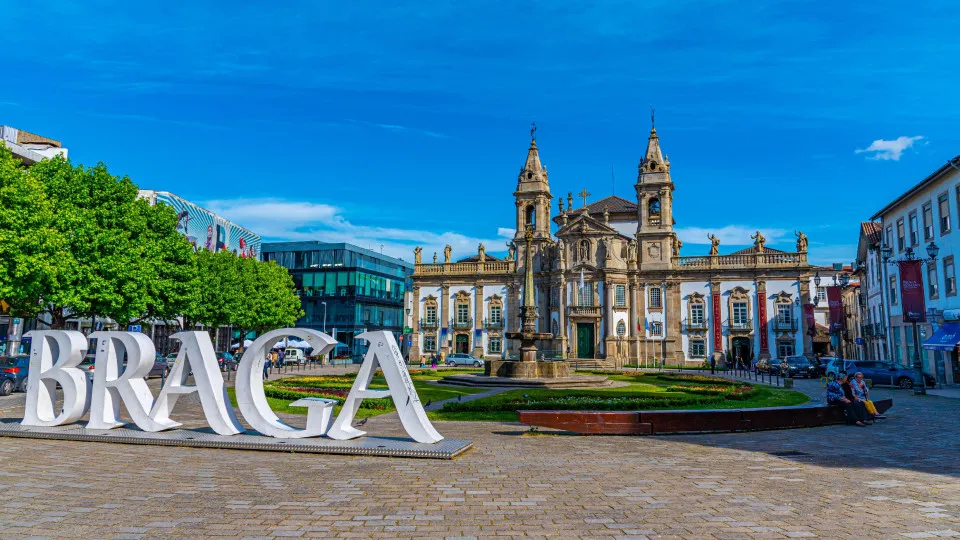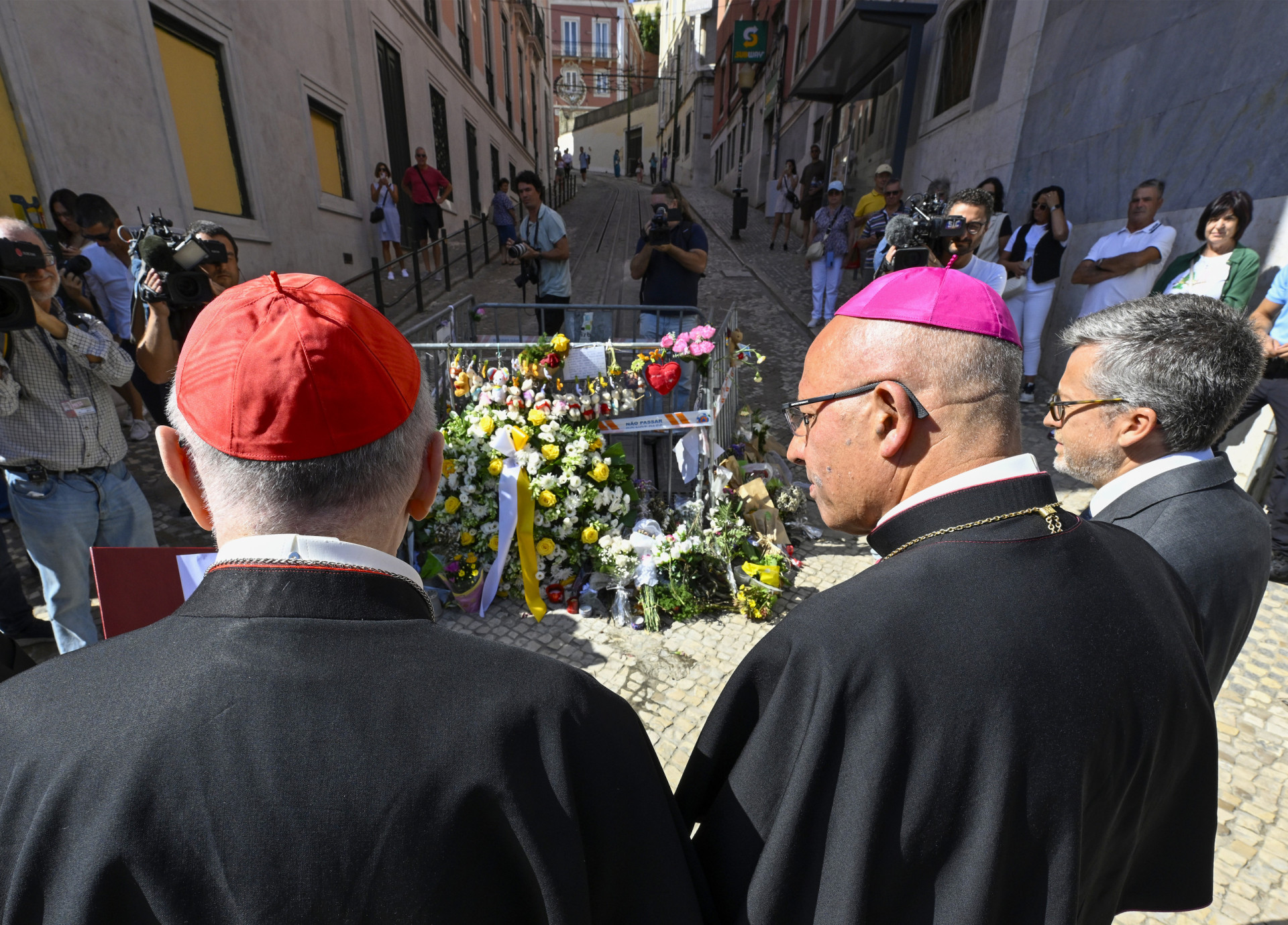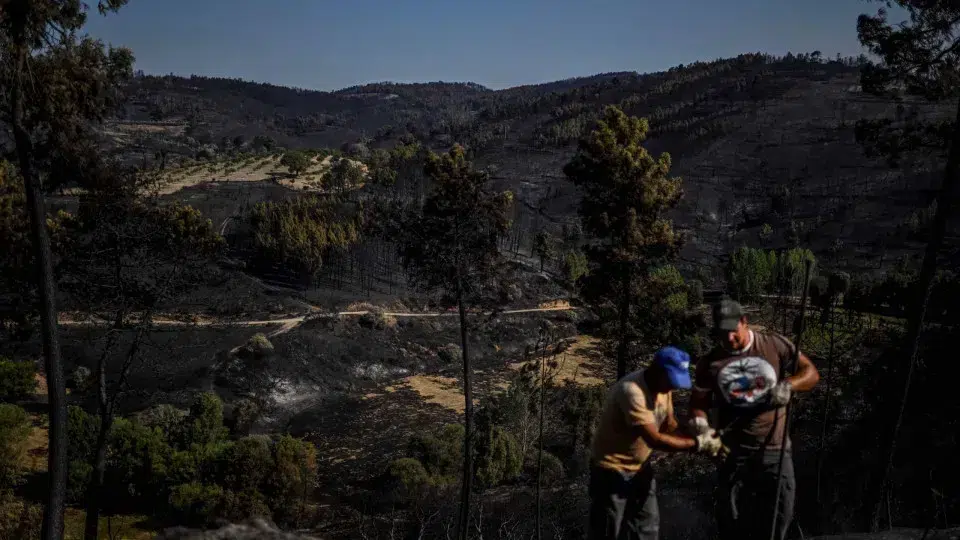
In Braga, there is immense colonial and imperial heritage, as the city was once part of the empire at its peak. The imperial and colonial mentality in Braga did not cease with the formal end of the Portuguese Empire, explained a PhD candidate in Cultural Studies at the University of Minho during the Paraíso festival, responsible for a city tour on September 20.
The researcher highlighted that Braga features street names, statues, and numerous symbols reflecting “more than 500 years of Portugal’s colonial power.”
“Braga was very important mainly because of the clergy. The Catholic Church had and still has significant power in Braga, and it was from Braga that many missionaries departed for the world,” he said, adding that historically, it was from this Minho city that the idea of the May 28, 1926 coup d’état originated, leading to the Estado Novo in 1933.
“The Estado Novo reinforced the entire colonial apparatus, hence the Colonial Code was devised by Salazar when he was the Minister of Colonies, and we must remember that Salazar was also a product of the national revolution that emerged from Braga,” he emphasized.
In Braga, there is a statue of the Rubi Brothers, “two brothers from Braga who were part of the pacification campaigns [and effective territorial occupation in Africa in the 19th century], a term that also needs to be deconstructed,” which will also be addressed during the visit concerning concepts like discoveries, colonies, and overseas territories, he stated.
“The [festival] Paraíso is an event related to the theme of Afrodescendence, aiming to give voice and stage to Afro-descendant artists from around the world, offering deconstruction and simplification of these issues through art, through artistic expression,” explained the event’s general curator, Nuno Abreu.
The third edition of the festival will take place from September 18 to 20, focusing on three pillars: performance, recognition, and mediation (a new concept applied this year) and is part of the celebrations of the 50th anniversaries of the independence of Portuguese-speaking African countries, he said.
“Within each of these pillars, we sought solutions and artists, researchers, mediators who could, in some way, depict and speak about this historical period [of decolonization and respective independences],” he explained.
The festival’s ‘thought’ and cinema curation was assigned to Bantumen—a platform for culture and information about the Lusophone black community—and in the field of mediation, University of Minho professor Rosa Cabecinhas is the curator, he cited.
During the festival at gnration, the documentary Independence (2015) by Angolan filmmaker Mário Bastos will be screened. The Centésima Página bookstore will host the roundtable “And after independence? From liberation struggles to today’s struggles,” with Marta Machado, Sheila Khan, and Tiago Vieira da Silva, moderated by Marisa Rodrigues. Dino D’Santiago will present his new work, the opera Adilson, among other activities in the program.




